A good starting point would be to analyse our daily habits and, where necessary, change our beliefs, behaviours and mindset, immediately.
After recently watching the documentary Our Planet. Our Business, I understood I had the civic duty and responsibility to do something, for humanity, for our health and for the health of the planet – our only home.
This post is the first step.
- First, I will give you a brief of some of the most critical issues the planet is facing that ideally need to be addressed on a macro-scale. This is solely for identification purposes and at this stage is not intended to be an exhaustive explanation.
- Subsequently, I will suggest a list of daily habits, separated by categories, that can contribute to helping to save the planet on a micro-scale.
- Lastly, I will provide a list of resources for those who wish to learn more about the state of the planet and what can be done.
Before we start, I leave you a plead to help me turn this post into an ever-growing source of tips and suggestions. The content here presented is based on information I have come across, habits I try to change or actions I try to take to make my contribution to help to save the planet.
As you read this post, please think of additional ways we can help and leave them in comments at the end of the post. I will periodically add to the content the suggestions that have not yet been mentioned. I will also be adding new content as I come across new resources and solutions.
Let’s start.
SO, WHAT IS GOING ON WITH THE PLANET?
Yes, the situation is a lot worse than what most of us realize or choose to acknowledge. The information and evidence are out there for anyone who cares to be informed.
But how concerned are we?
Do we believe in everything that we read and watch?
Is it as bad as the media says?
Does the media say everything we need to know?
What are the big players doing about it?
What can we do about it?
Some say the major concern is not about the planet or the fact that we are watching the sixth mass extinction of species while choosing not to do anything about it.
On the other hand, some say it is about the survival and continuity of the human species, as we know it.
Whichever line of thought one chooses to follow, one thing is certain, changes need to be made now. Otherwise, we will be living in a very different reality within only a few decades, as scientists from different fields guarantee.
Although we have arrived at a point where macro changes will produce much more effective results, these are at the hands of industry, business, policymakers and politicians.
But are we going to wait for consensus, laws, implementation of those laws and actions, in the hope of witnessing results within our lifetime?
What if collectively we putting in the effort to help save the planet?
Massive collective micro-changes, at an everyday level, can help to make a difference. If we change our daily habits – dietary habits, consumption patterns, choice of energy source, choice of products based on origin and support nature – business will need to adjust.
Here’s the general picture of what needs to be addressed and reversed immediately, should we wish to enjoy a thriving planet again. Keep in mind that these factors are intertwined.
As already mentioned, at the end of this post, you will find resources to learn more about these issues in more detail.
- CO2 Emissions mainly due to fossil fuels used in industry and vehicles;
- Methane gas emissions mainly due to massive animal farming;
- Deforestation mainly for animal farming, soy, palm oil and cocoa production;
- Soil destruction due to intensive farming of mono-crops and mass production of food for livestock and an ever-growing world population;
- Overfishing leaving the oceans with decreased fish stocks and tampering with the ocean’s ecosystem;
- Plastic pollution contaminating our soils, polluting the oceans and killing marine life by fooling them into eating plastic bits and micro-plastic (that omnivores then eat themselves);
- Bleaching of Coral reefs due to warming of the oceans caused by global warming;
- Melting of the ice caps – also due to warming of the oceans caused by global warming;
- Reduction of pollinators due to pesticides;
So, do we need to change the way we live, eat, think and act?
I leave that answer to you, not without saying that it is easy and convenient to shake off the responsibility and leave it to the industry, business and governments to take care of it. The problem with this position is that, as should be no surprise to anyone, these macro players tend to be too entangled in their own agenda, greed and thirst for power.
That being said, unless we start thinking of the collective and join forces to become one giant change-maker, soon enough, earthlings will be hearing the story, “once upon a time, there was a thriving, abundant and diverse, blue-planet called earth”.
What are we going to do to avoid that from happening?
I truly hope no child will ever hear that as a bedside story, so let’s roll up our sleeves and get down to action!
We have ten years to reverse the effects of carbon levels in the atmosphere. We can do it!
Now, how can we contribute to such an overwhelming task on a daily basis?
Easy. Replace old unsustainable habits by new sustainable, nature and environment-friendly ones.
DAILY HABITS TO HELP SAVE THE PLANET
(This is only a kick-off list to be added to as the message gets passed on and readers contribute to the list.
Having in mind availability, dietary and other implications in the adoption of some of these daily habits, the sole purpose of this list is to encourage the reader to identify ways to contribute to help save the planet with daily choices and habits)
Personal Hygiene & Cleaning Products
- Use eco-friendly toothpaste (including packaging) or learn how to make it at home.
- Buy shampoo in a bar instead of in a plastic container.
- Use soap instead of washing gel.
- Use wooden brushes/combs/toothbrushes.
- Use long-life blades for shaving (avoid disposable plastic ones).
- Use soap bars instead of detergent.
- Only buy paper Q-tips.
- Avoid foam sponges for cleaning. Use long-lasting fabric cloths and natural dish brushes instead.
- Look for eco-friendly cleaning products that are packaged in recycled and recyclable materials.
- For women, use a menstrual cup, instead of tampons and pads.
Food
- Avoid purchasing processed foods as they mostly come wrapped in plastic (and are not good for your health!)
- Choose whole foods. They are healthier and require less industrial processing.
- Choose loose vegetables, not wrapped or packed.
- Buy locally produced organic products.
- Choose certified organic, sustainable food products.
- Stop, or at least reduce, consumption of any type of meat.
- Avoid eating over-harvested fish – shell-fish or molluscs are better options.
- If you eat eggs, look for local home growers. “Free Range Eggs” is a marketing gimmick.
- Avoid water bottles or any other packed drinks (plastic, metal, tetra pack)
- Grow your own food organically (no hybrid seeds, tilling, pesticides)
In the Kitchen
- Use wood tools in the kitchen, such as spoons, spatulas, etc
- Reuse food glass jars to store other food products.
- Use glass containers, instead of plastic ones.
- Use reusable containers bags, such as silicone ones.
Transportation / Travel / Vacation
- Use public transports.
- Walk or cycle if you need to travel short distances.
- Next time you look for a car, look at the electric or hybrid options (more and more it will become the norm)
- On your next vacation, if possible take a train.
- Also on your next vacation, choose one place to explore, instead of flying from city to city just to superficially browse through their cultural surface.
- Going shopping? Team up with someone else for a car-share to avoid an extra trip.
- Going somewhere? Team up with friends or use car-sharing services for longer trips. It is a mutually beneficial solution.
Recycle. Upcycle. Repurpose.
- Recycle your garbage.
- If you grow vegetables, turn organic waste into compost.
- Buy second hand.
- Give away what you don’t’ need.
- Be creative. Look around and see how you can reuse, recycle and repurpose things.
- Use the reverse side of printed/used paper for drafts, notes, shopping lists.
Other habits
- When you come across plastic bags, wash them and reuse them.
- Take your own bags when you go shopping. If you forget to take them, look around for a cardboard or wood box.
- Refuse plastic straws (if anyone still tries to give you one!)
- Choose locally produced products, from foods to clothes, shoes or any other products you may need.
- Buy only what you truly need.
- Stop ironing sheets, towels, jeans and other types of casual wear, like T-shirts.
- Stop buying leather products.
FINAL THOUGHTS
Some of the presented suggestions are quite obvious, but my question to you is: how many are you implementing?
The sole intent of this question is to make you think if and how you can implement new habits in your daily life to help save the planet.
If you have additional suggestions, even in other categories, please leave them in the comments below.
We, earth inhabitants, humans or not, are all part of one great interconnected and interdependent whole. Each one has a very specific role to play on earth’s perfectly complex ecosystem. If one of us fails, the destructive domino effects will stop on us.
Our civilization needs to start mimicking nature, where nothing is wasted and everything is regenerated.
It will take time for the industry sector to adjust and comply with the necessary environmental requirements. Until then, we must refrain our compensatory consumerism and focus on functional, essential necessities.
May your eyes become environmental scanners.
We are on a 10-year-mission.
Are you in?
RESOURCES
Learn more about the problems the planet is facing, their impact on our health and how we can help.

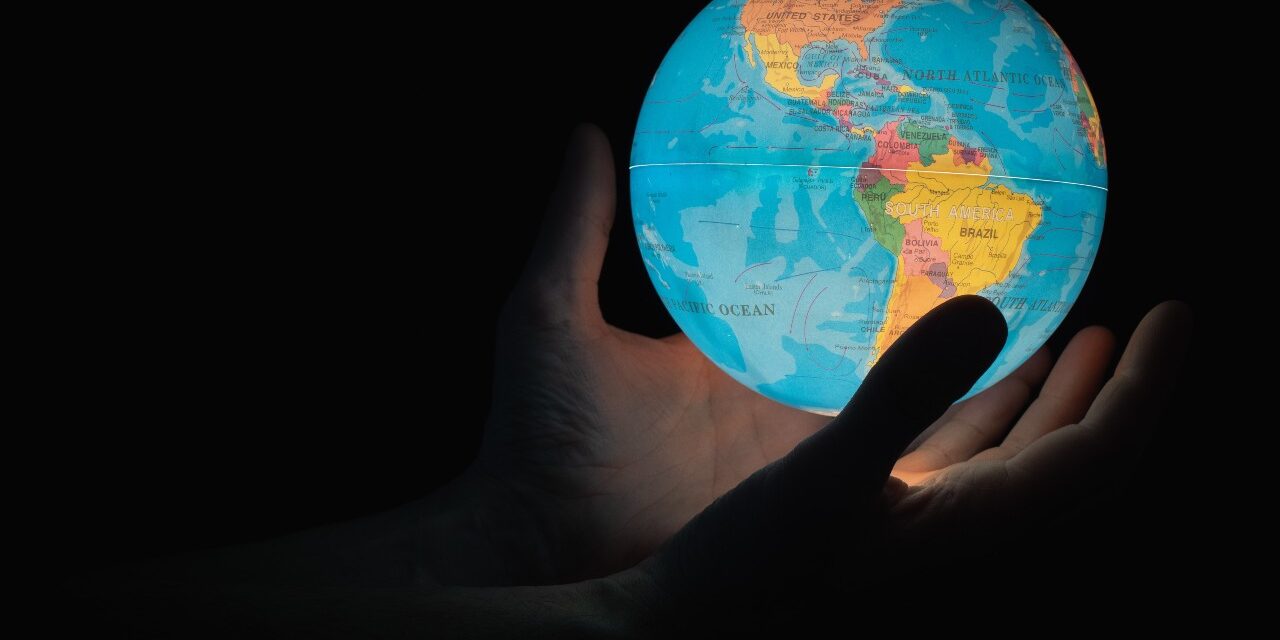
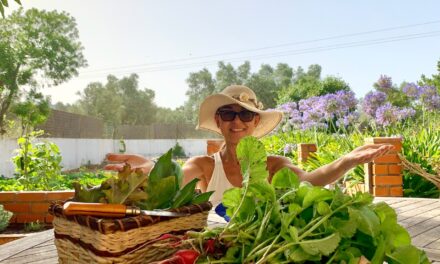
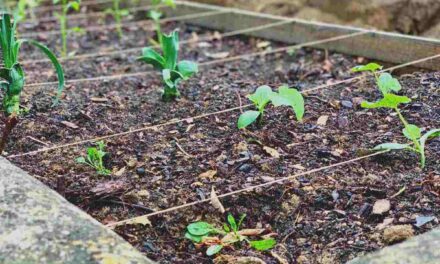
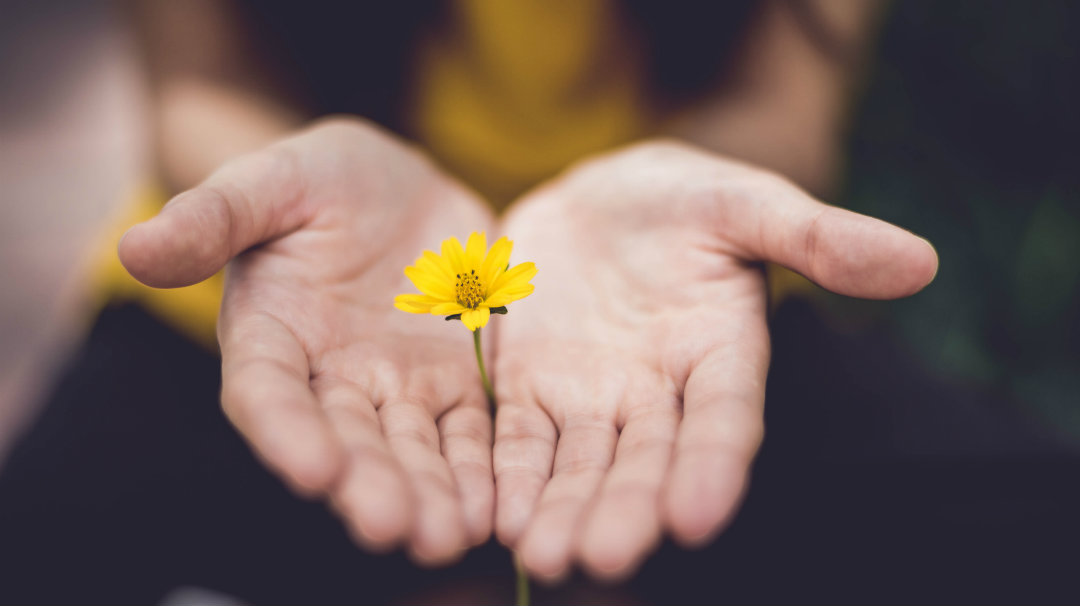
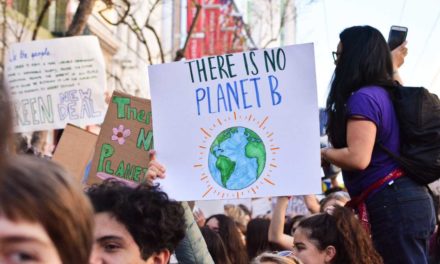








A round of applause for your article post. Thanks Again. Great. Renie Payton Yuri
Hi Renie, I’m glad your enjoyed it. We have to spread the word, so, if you wish, do pass the massage on by sharing this post. Thank you!